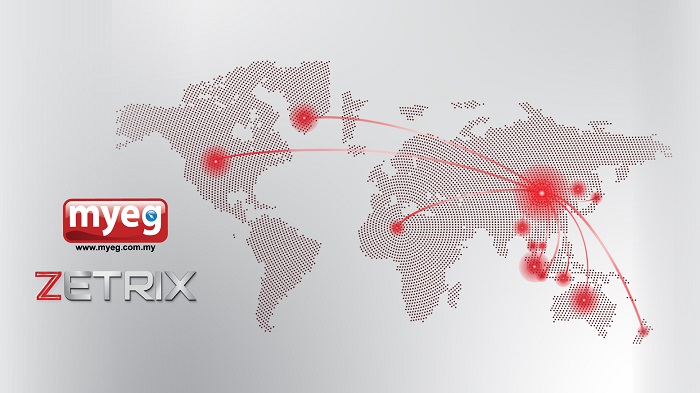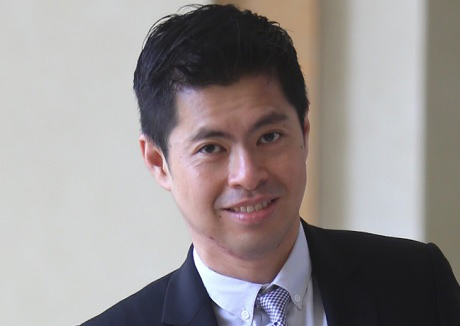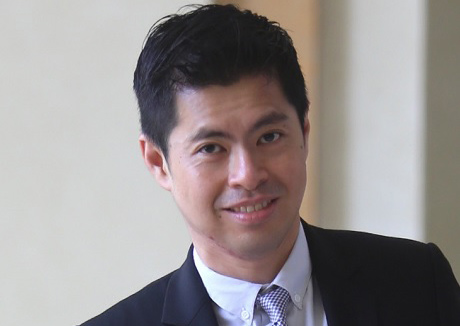- Leverage AI to further streamline & optimise the cross-border trade processes
- One of 14 nations in program with Ministry of Science and Technology of China

MY E.G. Services Bhd, the developer of the public Layer-1 blockchain platform Zetrix, and Universiti Malaya (UM) yesterday announced the expansion of their research collaboration with China Academy of Information and Communications Technology (CAICT) to include the development of Artificial Intelligence (AI) under the existing intergovernmental research collaboration.
This expansion is a follow-on to the “Research on Key Issues of China-Malaysia Transborder Blockchain Infrastructure and Pilot Applications” project initiated in February 2023 which was selected as part of the intergovernmental collaboration between Malaysia and China in the field of Science, Technology and Innovation. Initiated by the , Malaysia is one of 14 countries participating in the government-to-government (G2G) programme.
 With the expansion, the research initiative will extend its scope to focus on leveraging AI to further streamline and optimise the cross-border trade processes, with the ultimate goal of reducing inefficiencies and improving the overall ease and speed of cross-border transactions.
With the expansion, the research initiative will extend its scope to focus on leveraging AI to further streamline and optimise the cross-border trade processes, with the ultimate goal of reducing inefficiencies and improving the overall ease and speed of cross-border transactions.“AI and Web 3 are the two key complementary technologies that will disrupt the whole spectrum of digital services,” said TS Wong (pic), Managing Director of MYEG. “Web3 provides the architecture that supports the deployment of AI functionalities on authenticated digital assets,” he said, adding, “Our partnership with UM and CAICT continues to be instrumental in our journey towards leveraging 4th Industrial Revolution technologies to transform cross border trade and settlement.”
The lead researcher at UM, Dr Saaidal Razalli Azzuhri, also highlighted the potential benefits of the expanded research initiative. “The incorporation of AI into our ongoing research work opens up a whole new realm of possibilities. We expect that the synergistic combination of AI and blockchain technology will lead to breakthroughs that greatly enhance the efficiency and security of cross-border trade,” Azzuhri said.
The addition of AI to the scope of this tri-partite collaboration is timely and comes even as Zetrix continues to lead the way in the deployment of services that are at the intersection of blockchain and AI. Last month, Zetrix successfully deployed its Digital Identity Service, a W3C-compliant pioneering decentralised identity service that enables online engagements with real humans to be verified and distinguished from those with AI agents.

